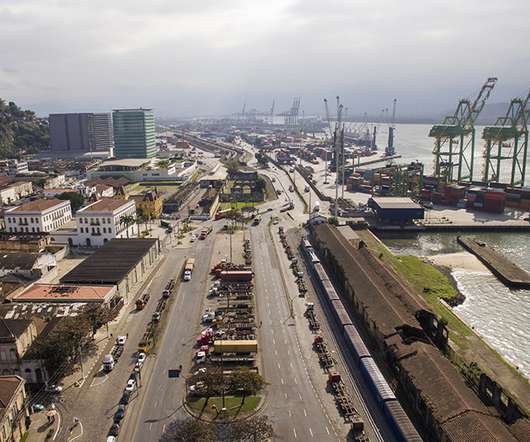Added Evidence of Emerging Regionalization of Global Supply Networks
Supply Chain Matters
AUGUST 30, 2023
Prediction Ten indicated that: Government incentives tied to industrial policy are leading to the eventual regionalization of component supply and end production capabilities for deemed essential industries. The authors were Laura Alfaro, Harvard Business School, CEPR and NBER , and Davin Chor, Tuck School of Business at Dartmouth and NBER.
















Let's personalize your content